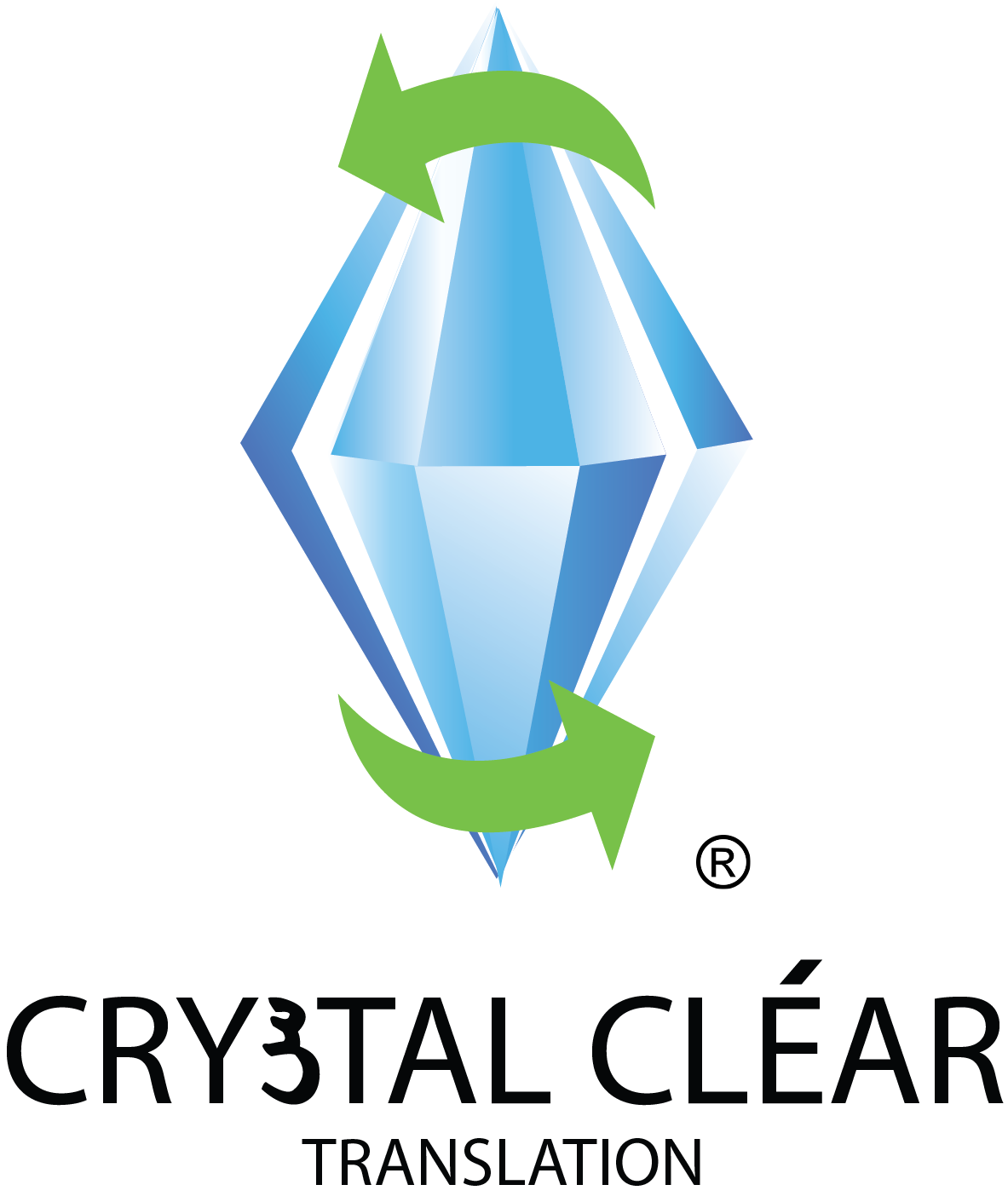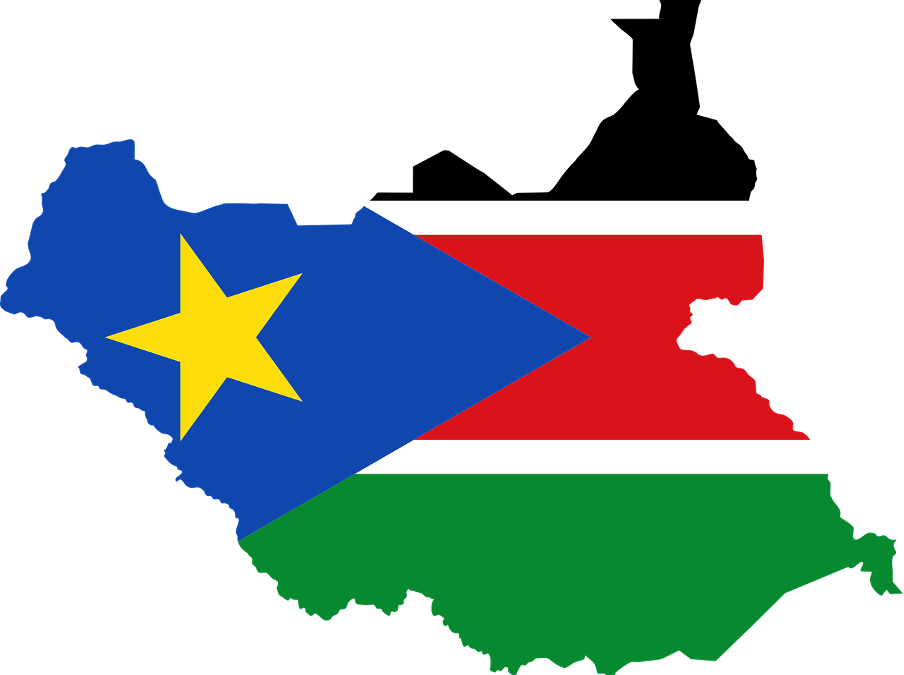Part of the Nilo-Saharan language family, Dinka, also known as Jieng, is a Western Nilotic language spoken primarily by the Dinka people. In total, there are 1.35 million speakers of the Dinka language, primarily in South Sudan. In South Sudan, the official language is English, but Dinka is one of the recognised national languages.
There are also Dinka speakers who live in Kenya, Uganda, the United States, and Australia. Dinka is a macrolanguage, meaning that it comprises many different dialects and subdialects, such as Rek, Agar, Padan, and Bor, which have different degrees of mutual intelligibility.
Dialects of the Dinka Language
There are four major dialects of the Dinka language, known as Rek, Agar, Padan and Bor. The Bor dialect is comprised of several subdialects known as Hol, Nyarweng, Twic East, and Bor South. Geographically, the Bor dialect, also known as Southeastern Dinka, is spoken to the east of the White Nile River, in an area of South Sudan known as Jonglei State. To the north of Jonglei State is the Upper Nile state, which ceded from Sudan to become part of South Sudan in 2011. In this area, the main dialect spoken is the Padan dialect, also known as Northeastern Dinka, which features the subdialects of Ruweng, Rut, Dongjol, Ngok, Ageer and Abiliang.
The Agar dialect, also known as South Central Dinka, comprises the subdialects of Gok, Aliap, Ciec, and Atout. This dialect is spoken in the Lakes State of South Sudan and its capital, Rumbek. Rek, also known as Southwestern Dinka, is spoken to the west of the Bahr el Ghazal River, in the cities of Wau, Aweil, and Abyei. The Rek dialect is makes up several subdialects, namely Malual, Twic, Ngok, and Luac.
Linguistic Features of the Dinka Language
The Dinka alphabet uses a Latin writing system and consists of 27 letters. Of those 27 letters, there are six vowels, “â, ë, ï, ö, ɛ̈, ɔ̈”, which are also known as “kit yäu”. A lot of words in the Dinka language are monosyllabic, meaning that they consist of only one syllable. For example, this can be observed in the sentence “yɛn acȯl waa” (“I call my father”). Most dialects in the Dinka language use a subject-verb-object (SVO) word order, except for the Agar dialect, in which adjectives and numbers are placed after the noun.
The plural forms of words in the Dinka language vary to a great extent. To give an example, some words feature double letters to indicate the plural, such as the word “pal” (“knife”), which becomes “paal” (“knives”). However, some words feature double letters to indicate the singular, and are shortened to indicate the plural. The Dinka word for “hand”, “ciin”, becomes “cin” (meaning “hands”).
Vowels in the Dinka language are often emphasised, as they are marked by an umlaut (¨). This marking of the vowel is also known as diaeresis, which means that a marking, such as an umlaut is used to indicate how a vowel should be pronounced. In the Dinka language, the word “wä”, the Dinka word for “father”, is pronounced as “w-aah”. The word “wä” is marked by an umlaut, as part of diaeresis, to indicate an elongated pronunciation. In addition to this, long vowels in the Dinka language are represented by the doubling of letters. For instance, the word for house in Dinka is “baai”. The double “aa” highlights the elongation of the vowels, meaning that the word is pronounced in a similar way to the English word “bye”.
Key Dinka phrases
- “Muȯth” – Greetings
- “Cï yï ruȯn” – Good morning
- “Looi ëdë?” – How are you?
- “Yïn ka” – Excuse me
- “Yedï” – How much?
- “Yïn ca leec arëëtic” – Thank you very much
In Conclusion
Dinka is an important language in South Sudan, spoken by the Dinka people throughout the country and in many different cities and towns. The Dinka language is truly a diverse language, especially considering the numerous dialects and sub-dialects of the language that are spoken in South Sudan.
If you should require translation or interpretation of the Dinka language, or any language or dialect, you may be interested in the excellent services provided by Crystal Clear Translation. At CCT, we employ many efficient and reliable translators able to navigate the intricacies of many different languages and cultures. Click here for a quote if you should need interpretation or translation services in a multitude of different languages.


